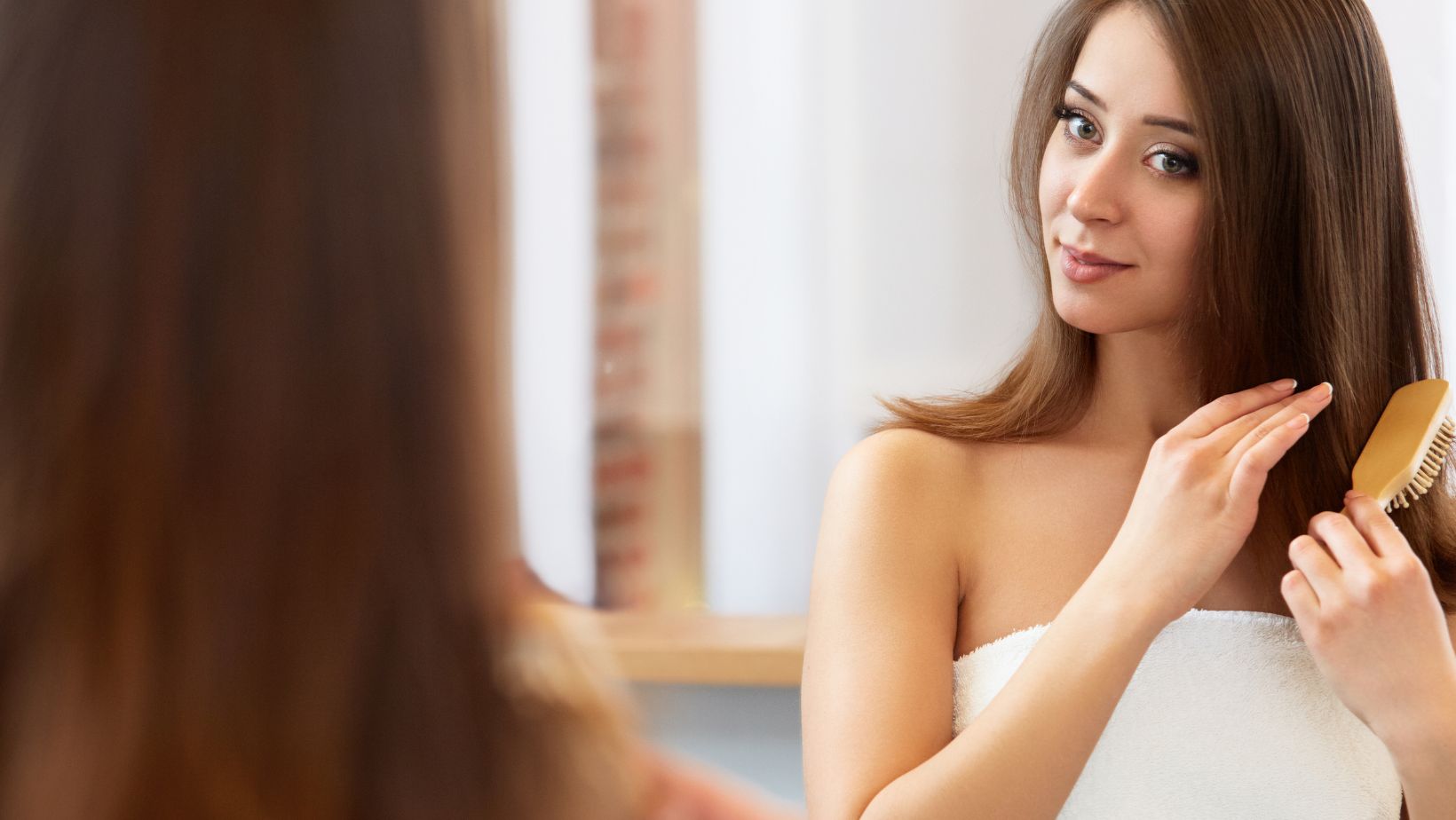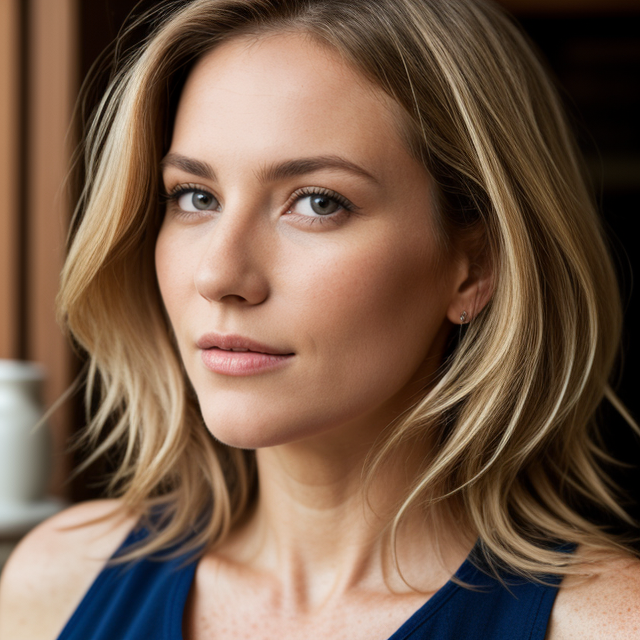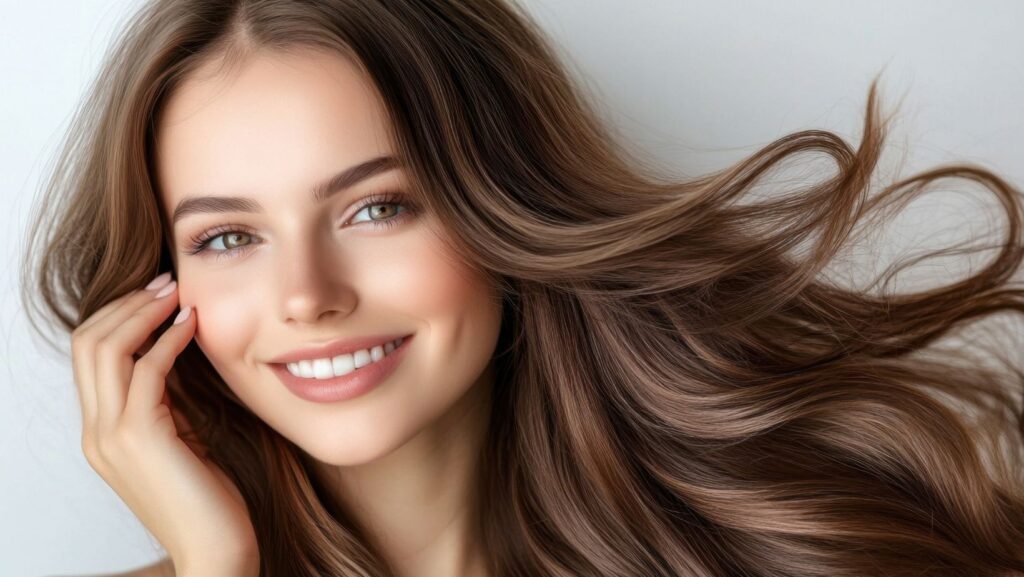Hair can change as you grow older; this is only natural. Everyone understands that they might begin to find grey hairs as the years pass by, but some additional changes can occur depending on your hair type. In fact, you might find that your hair becomes thinner or breaks more easily.
The changes your hair goes through can have an impact on your self-esteem, of course. You might find your confidence declining, particularly if you once thought your hair to be your best feature. With this in mind, you can learn how to maintain healthy and thick hair as you age below.
See a Doctor to Rule Out Underlying Medical Causes
When you first notice changes in your hair, it is important to make an appointment with your doctor. A doctor can provide an accurate diagnosis for hair issues that you might not know to look out for. After all, hair thinning or loss can be a symptom of conditions like anemia, autoimmune conditions, or thyroid disorders, and only a medical professional can diagnose you.
The doctor you see, or you might be referred to a dermatologist, can diagnose the specific cause of your hair changes, whether it is related to age or genetics. They will offer an effective, long-term treatment once a diagnosis is made. Hormone therapy, minoxidil, oral medications, and other treatments can be suitable solutions for hair loss or thinning, but they are only accessible with a prescription or professional guidance.
If you are concerned about hair loss, your primary care physician may refer you to a specialized hair restoration surgeon for an evaluation. This can also be an option if you prefer to seek a hair transplant privately. PHRC hair transplantation, for example, uses scientific testing to find the root cause of hair loss before formulating personalized solutions to guarantee a healthy head of hair.
Focus on a Protein-Rich Diet with Supplements
As hair is primarily made of keratin, which is a protein, a diet with sufficient protein intake is essential for maintaining strong hair. It is important for the elasticity, growth, strength, and structure of hair. Protein becomes more crucial for repairing hair and preventing brittleness, hair loss, and thinning, all of which can occur from protein deficiency, as you get older.

Making changes to your diet to consume an adequate amount of protein should be prioritized. It can be easy to make adjustments to your diet, especially if you plan to distribute your protein intake throughout the day. This can provide the best sustained benefits. You can do this by choosing protein-rich foods, including dairy products, eggs, fish, meat, nuts, and whole grains.
But you must ensure that you eat a balanced diet, even though protein is key. Consuming fruits, vegetables, and whole carbohydrates can help with this.
Use Moisturizing Products to Combat Dryness
Maintaining healthy and thick hair can be aided with the use of quality moisturizing products. Your scalp produces less sebum as you age, meaning it is more likely to become dry. This can be worsened because of the hormonal changes your body goes through at an older age, too; your hair will be more fragile as a result.
Thankfully, moisturizing products can be used to combat the natural decline in scalp sebum production. Opting for shampoos and conditioners that do not strip natural oils or regularly using a deep conditioning treatment can provide vital hydration. It is also best to avoid using high-heat styling tools, like hot curlers or hair straighteners, as they can further damage aging hair.
To conclude, if you notice your hair changing as you get older, there are a few different things you can do. This will include visiting a health professional, eating a protein-rich diet, and moisturizing your hair and scalp. Making these changes can help you maintain healthy and thick hair.


